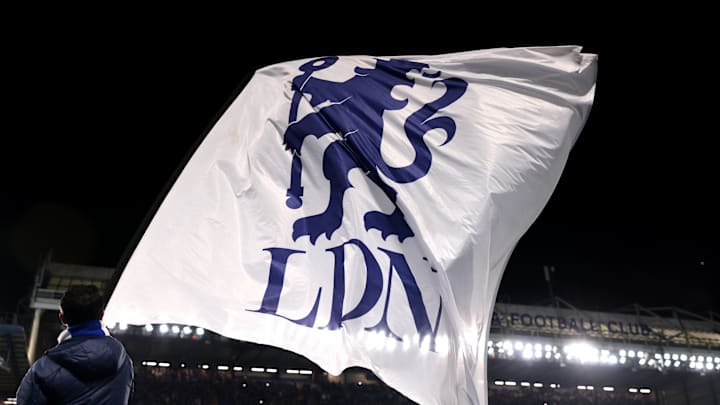The upcoming Chelsea fan protest has sparked intense discussions, and after taking time to consider the situation, here’s my perspective on it.
From what I’ve gathered, this protest isn’t an isolated reaction but rather the culmination of bottled-up frustration regarding the club’s current trajectory. Chelsea have been synonymous with success over the past two decades, establishing a winning culture that has become ingrained in both the club and its fanbase.
Understandable Reasons of Frustration
Under the previous ownership, high expectations were a given, irrespective of the circumstances. Even in difficult seasons, Chelsea regularly met those expectations. While they didn’t always achieve top-tier success, they maintained a competitive edge that kept them in the conversation for major honors. However, the landscape has drastically shifted in recent years. With the club undergoing an ownership transition and enduring a significant rebuild, the expectation of instant success was always going to be unrealistic.
Yet, the frustration from supporters is understandable. Despite substantial financial investment in the transfer market, Chelsea have yet to hit the levels expected of them. Whether these expectations are entirely fair is a different debate, but the club’s history dictates that success is non-negotiable. The extended trophy drought and the failure to emerge as a Premier League title contender—at the very least—are key sources of discontent.
It’s important to contextualize this impatience. Chelsea fans have become accustomed to competing for major trophies. When silverware isn’t forthcoming, they expect the club to at least be in strong contention for the league title and Champions League qualification. Right now, Chelsea are far from either, and that is the core of the frustration.
However, the protest appears to have two distinct angles. The first, a vocal expression of frustration, is entirely reasonable. Fans have the right to voice their concerns, particularly when they feel the club is falling short of its own high standards. But the second aspect—calls for an ownership change or a complete shift in strategy—is where I disagree.
Chelsea’s owners have implemented a long-term model that, while imperfect, has the potential to redefine the club’s future. Yes, there are flaws that need ironing out, but completely abandoning this approach prematurely could leave Chelsea stranded in uncertainty yet again.
Additionally, the notion that the owners are indifferent to Chelsea’s success doesn’t hold up. Even if viewed purely from a business perspective, sustained financial gain is directly tied to on-pitch success. The two are interconnected. The owners need Chelsea to succeed, both for competitive and financial reasons.
